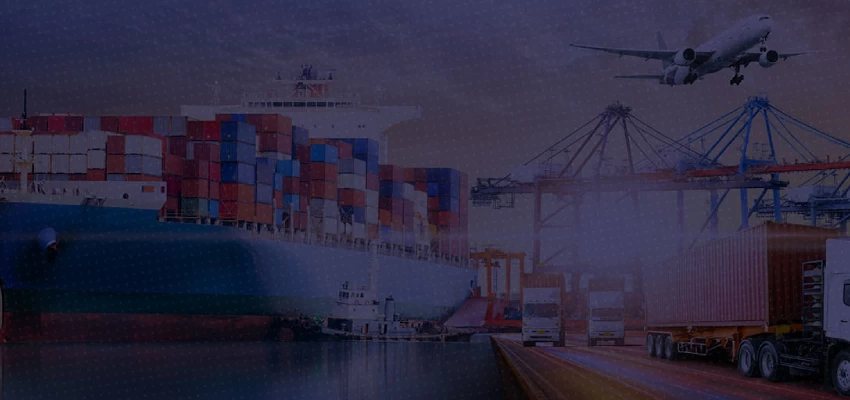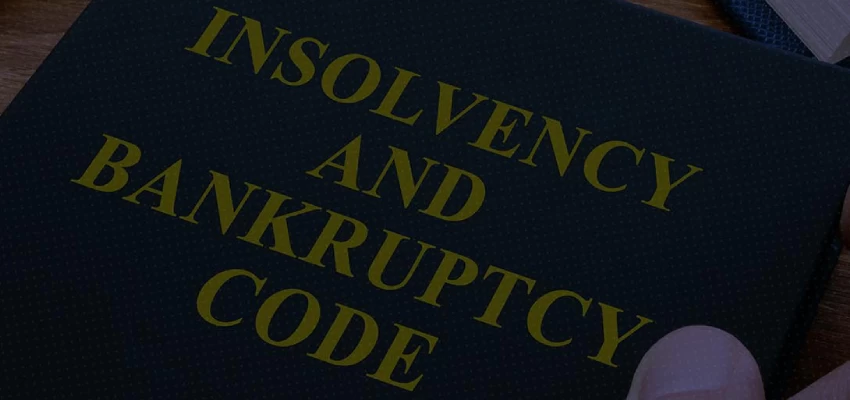- Insights
- People
- Expertise
- Practices
- Arbitration
- BIS
- Classification
- Commercial Litigation
- Competition and Antitrust
- Customs
- Data Protection and TMT
- Direct Tax
- Economic Offences
- Employment Law
- General Corporate
- GST Consultancy
- Indirect Tax Litigation
- Insolvency
- Intellectual Property
- International Trade and WTO
- Mergers and Acquisitions
- Private Equity and VC
- Real Estate Law
- Regulatory
- Securities Law
- Tax Compliance Review
- Transfer Pricing
- Services
- Sectors
- Practices
- About Us
- Grow With Us





















